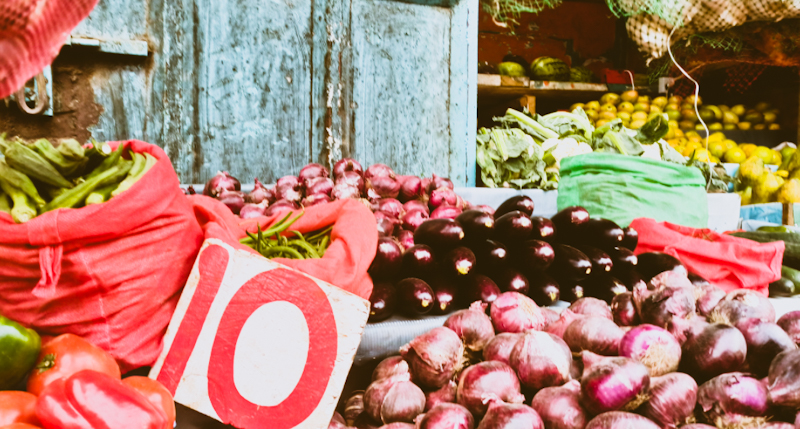Kenya’s inflation rate eased to 6.3% in February 2024, down from 6.9% in January, according to data released by the Kenya National Bureau of Statistics (KNBS).
On a month-on-month basis, inflation was at 0.1%, compared with 0.4% in January.
“The rise in annual inflation was mainly due to an increase in prices of commodities under the Classification of Individual Consumption by Purpose (COICOP) divisions.”
The drop in inflation marks a welcome respite for consumers grappling with rising prices for essential goods and services in recent months.
The decline in inflation is attributed primarily to a slowdown in food price increases.
“Prices of tomatoes, sugar, maize grain-loose, and maize flour-loose dropped by 5.7%, 4.6%, 3.4%, and 1.6%, respectively, between January 2024 and February 2024,” KNBS added.
“During the same period, however, prices of spinach, sukuma wiki and wheat flour-white increased by 3.9%, 3.4% and 2.6%, respectively.”
According to KNBS data, housing, water, electricity, gas, and other fuels dropped by 0.8% between January and February, mainly due to a drop in prices of 200 kilowatt-hours (kWh) and 50 kWh of electricity by 9.3% and 11%, respectively.
However, during the same review period, the prices of gas and LPG rose by 4.3%.
Consequently, in Nairobi, Super Petrol, Diesel, and Kerosine retail prices dropped to Sh206.36, Sh195.47, and Sh193.23, respectively.
Inflation Outlook
“Into the remainder of the first half of 2024, our baseline forecast is that inflation could remain within the target band, absent any commodity shocks. With the Global S&P input and output price index declining to 53.4 and 56.8 in January from 55.1 and 62.4 in December, price pressure from manufactured goods could record lower levels in the near term,” says the NCBA Research team.
“Moreover, given favourable weather, farmers are expected to release current cereal stocks into the markets.”




